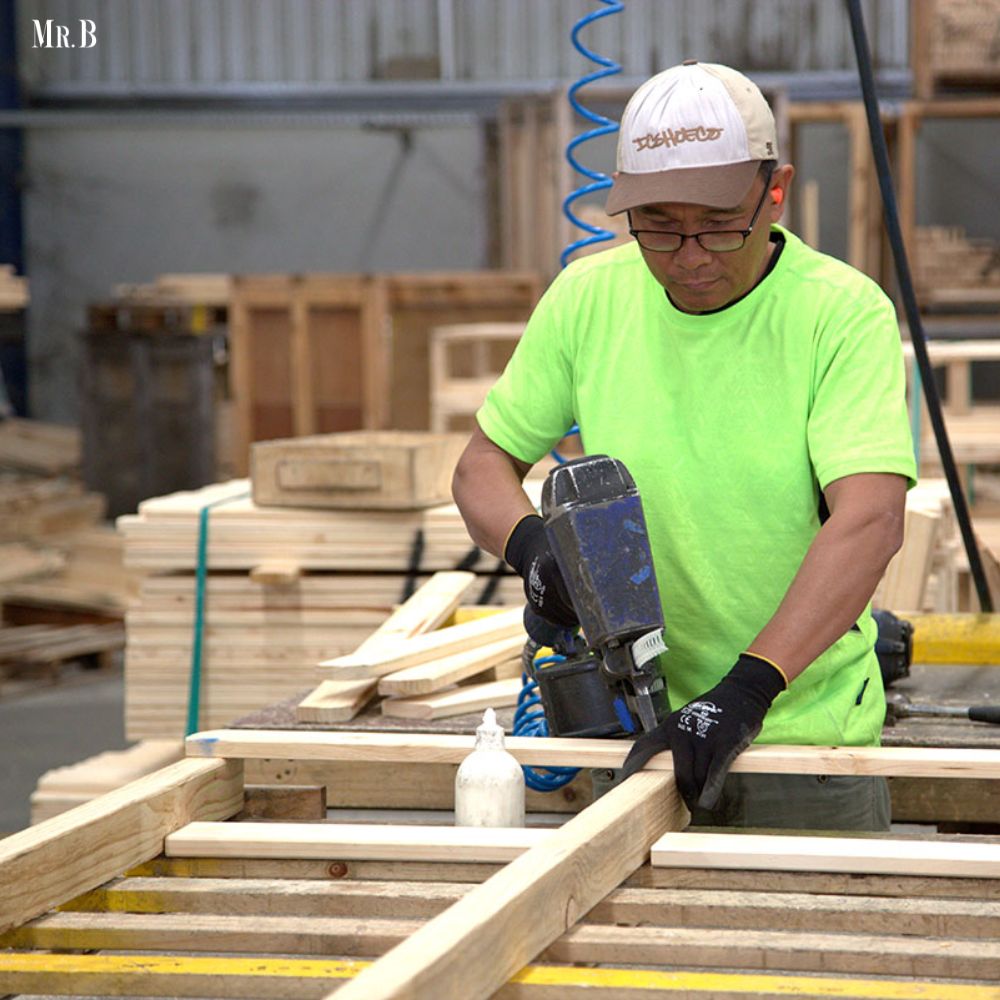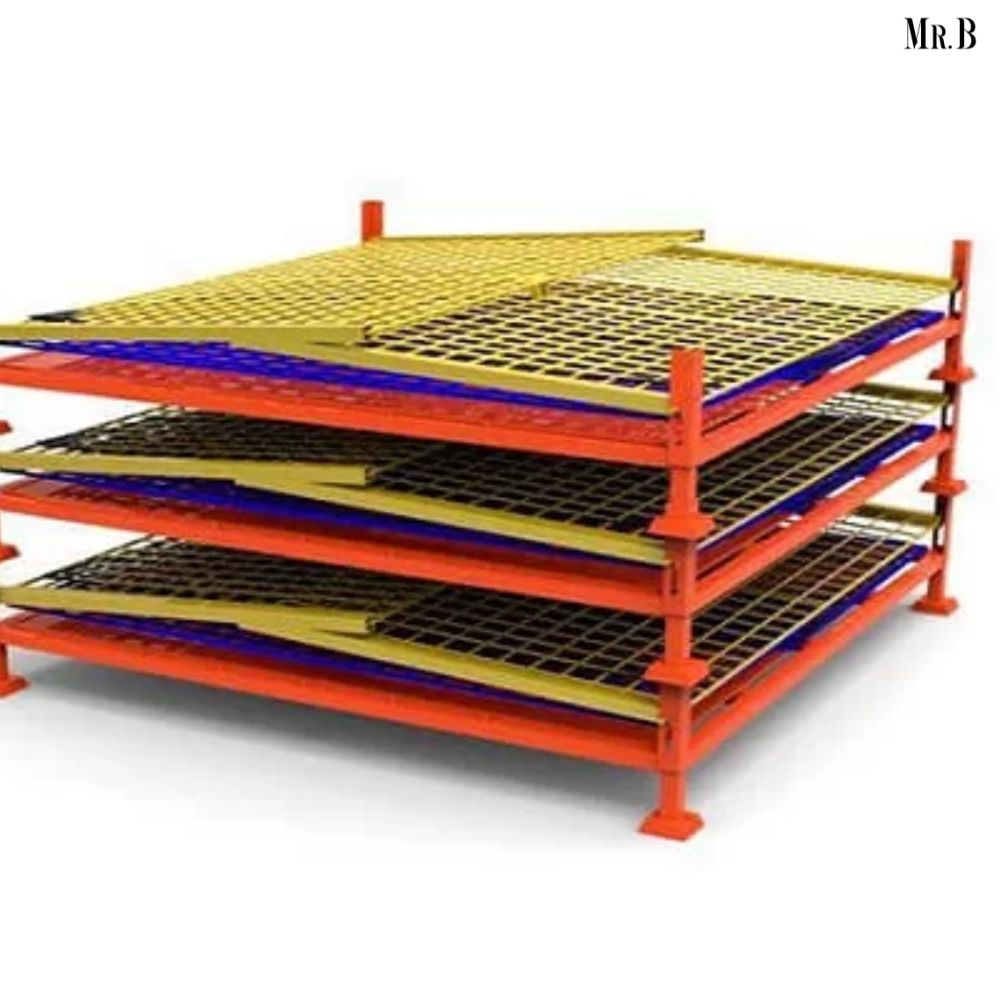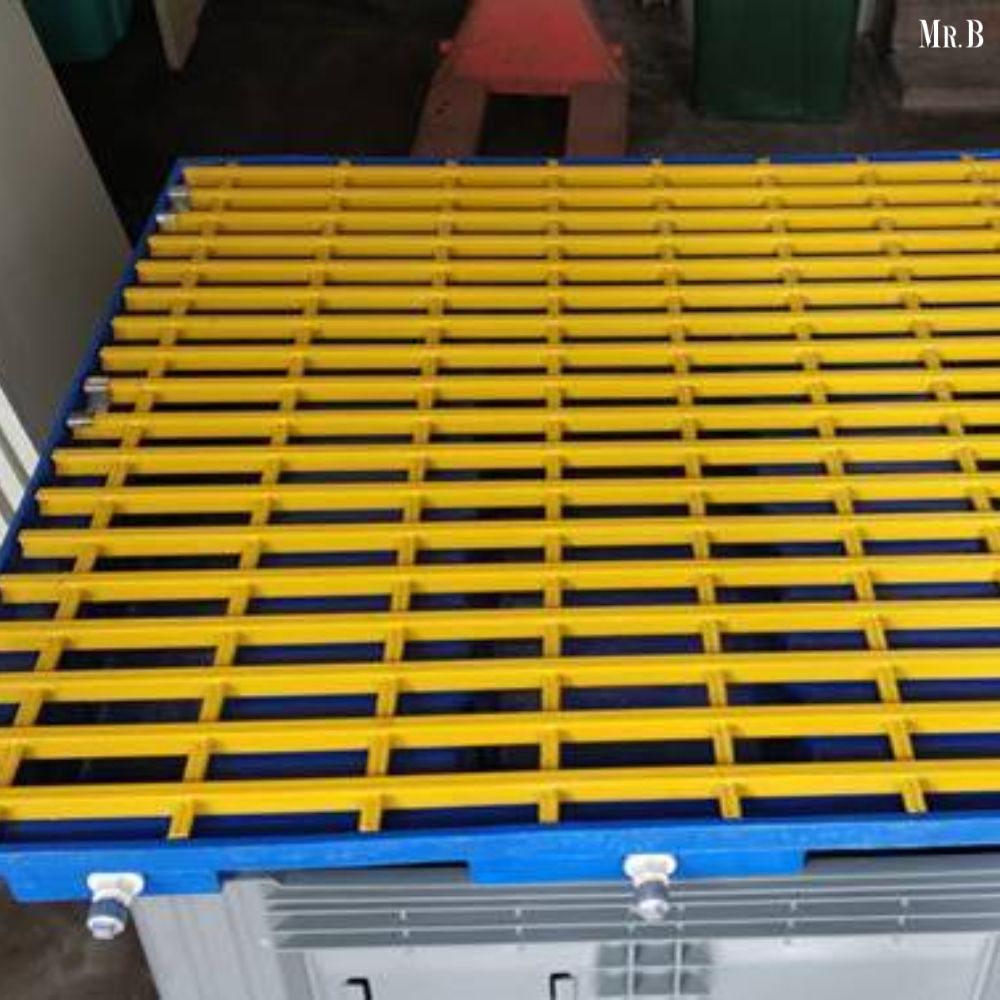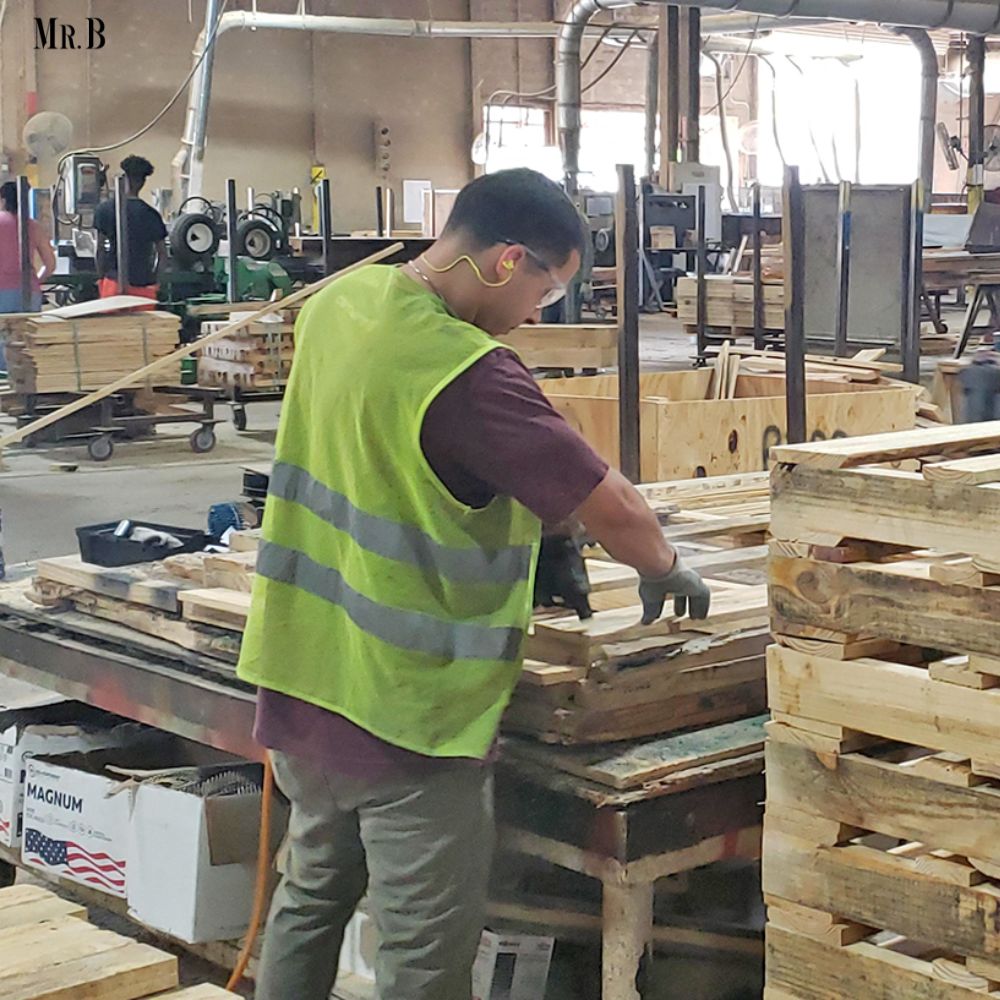In the vast and intricate world of logistics and supply chains, one seemingly humble yet indispensable component plays a crucial role: pallets. These simple platforms, typically made of wood, plastic, or metal, serve as the foundation for efficient material handling, storage, and transportation across various industries. However, in recent years, a quiet revolution has been underway within the realm of pallet manufacturing. Innovative pallet manufacturers are redefining industry standards, driving sustainability, optimizing efficiency, and enhancing overall supply chain performance.
Evolution of Pallet Manufacturing
To understand the significance of these changes, we must first delve into the evolution of pallet manufacturing. Traditional pallets were primarily made of wood, offering durability and affordability but often falling short in terms of weight, design flexibility, and environmental impact. However, as sustainability concerns gained prominence and technological advancements enabled new materials and processes, pallet manufacturing underwent a transformative phase.
Modern pallet manufacturers now harness advanced materials such as engineered wood products, recycled plastics, and lightweight metals to create pallets that are not only sturdy but also eco-friendly and customizable to specific industry needs. This shift reflects a broader trend within the logistics sector, where sustainability and efficiency are becoming increasingly intertwined.
The Rise of Innovative Pallet Manufacturers
Amidst this evolution, innovative pallet manufacturers have emerged as key drivers of change within the supply chain ecosystem. These companies leverage cutting-edge technologies, data analytics, and collaborative partnerships to revolutionize pallet design, production, and management processes. By prioritizing sustainability, scalability, and cost-effectiveness, they are reshaping industry norms and setting new benchmarks for performance and reliability.
One notable trend among leading pallet manufacturers is the adoption of circular economy principles. By focusing on reusability, recyclability, and resource efficiency, these companies minimize waste generation and environmental impact throughout the pallet lifecycle. For example, they employ advanced recycling techniques to repurpose end-of-life pallets into new products or materials, reducing the demand for virgin resources and mitigating carbon emissions.

Technological Innovations Driving Change
Technology plays a pivotal role in the transformation of pallet manufacturing and its integration into modern supply chains. Automated manufacturing processes powered by robotics and AI enable precision engineering, faster production cycles, and enhanced quality control. Real-time tracking and sensor technologies embedded within pallets provide valuable data insights, enabling proactive inventory management, asset tracking, and supply chain optimization.
Moreover, the advent of blockchain technology is revolutionizing pallet traceability and transparency. By recording pallet lifecycle data, including origin, materials, production processes, ownership transfers, and recycling history, blockchain ensures authenticity, reduces counterfeiting risks, and enables seamless collaboration across supply chain stakeholders. This level of transparency fosters trust, accountability, and sustainability throughout the supply chain network.
Customization and Flexibility
One of the defining traits of innovative pallet manufacturers is their ability to offer customizable solutions tailored to diverse industry requirements. From size and load capacity to material composition and design features, these manufacturers collaborate closely with customers to design pallets that optimize space utilization, minimize transportation costs, and enhance product protection during handling and storage.

For industries with unique handling or storage needs such as pharmaceuticals, electronics, or perishable goods, specialized pallet designs incorporating temperature control, anti-static properties, or shock-absorption capabilities are becoming increasingly prevalent. Such customization not only improves product integrity but also reduces product damage and waste, contributing to overall supply chain resilience and sustainability goals.
Sustainability and Environmental Impact
Sustainability is a core pillar of the modern business landscape, and pallet manufacturers are actively embracing eco-friendly practices to minimize their environmental footprint. Innovative materials such as recycled plastics, biodegradable composites, and responsibly sourced wood fibers are gaining traction as viable alternatives to traditional pallet materials. These materials offer comparable strength and durability while reducing reliance on finite resources and reducing waste generation.
Furthermore, sustainable pallet design goes beyond material choices to include lightweight construction, modular components for repair and reuse, and end-of-life recycling programs. Collaborative initiatives between pallet manufacturers, logistics providers, and recycling facilities ensure a closed-loop system where pallets are recovered, refurbished, or recycled to create new pallets or secondary products, reducing landfill waste and promoting resource conservation.
Collaborative Partnerships and Industry Standards
The transformative impact of innovative pallet manufacturers extends beyond product innovation to collaborative partnerships and industry standards development. By collaborating with logistics providers, retailers, packaging companies, and regulatory bodies, these manufacturers gain valuable insights into evolving market trends, operational challenges, and sustainability goals. Such collaborations drive continuous improvement, standardization, and certification of pallet designs and manufacturing processes, ensuring compliance with safety, quality, and sustainability standards across global supply chains.
Industry associations and initiatives focused on pallet innovation and sustainability, such as the National Wooden Pallet and Container Association (NWPCA) and the Sustainable Packaging Coalition (SPC), play a vital role in fostering knowledge sharing, best practices dissemination, and advocacy for sustainable pallet solutions. These collective efforts promote industry-wide adoption of eco-friendly pallets, drive market demand for sustainable packaging solutions, and catalyze positive environmental and economic impacts across supply chain networks.

Future Trends and Challenges
Looking ahead, the pallet manufacturing landscape is poised for continued evolution driven by technological advancements, sustainability imperatives, and evolving market dynamics. Industry 4.0 technologies such as Internet of Things (IoT), 3D printing, and machine learning will further automate and optimize pallet production, quality control, and logistics operations. Integration with smart warehouses and autonomous vehicles will enhance real-time visibility, traceability, and predictive analytics capabilities within supply chains.
However, challenges such as regulatory compliance, material sourcing complexities, and global supply chain disruptions necessitate proactive collaboration, innovation, and resilience within the pallet manufacturing sector. Continued investment in sustainable materials research, circular economy initiatives, and cross-sector partnerships will be essential to address these challenges and unlock new opportunities for efficiency, cost savings, and environmental stewardship.
Conclusion
In conclusion, innovative pallet manufacturers are at the forefront of revolutionizing logistics and supply chains through sustainable practices, technological innovations, and collaborative partnerships. By prioritizing circular economy principles, customization, and transparency, these manufacturers not only enhance pallet performance and durability but also drive positive environmental impacts and operational efficiencies across industries. As businesses and consumers alike demand more sustainable and resilient supply chains, the role of innovative pallet manufacturers will continue to expand, shaping the future of logistics in a greener, more interconnected world.
Curious to learn more? Explore this Article on: Mr. Business Magazine








